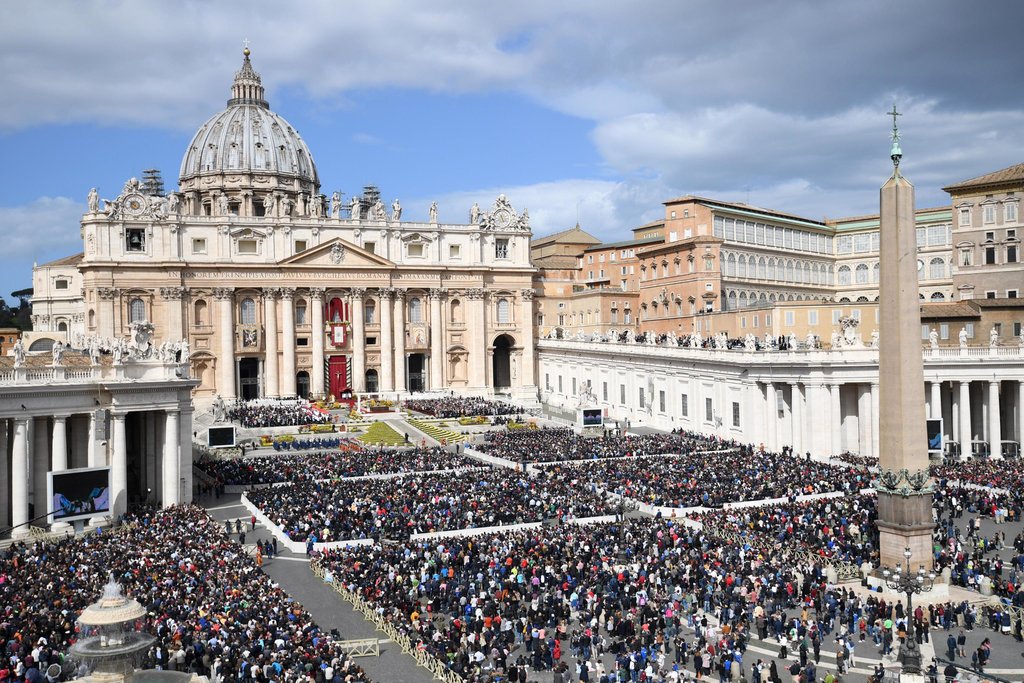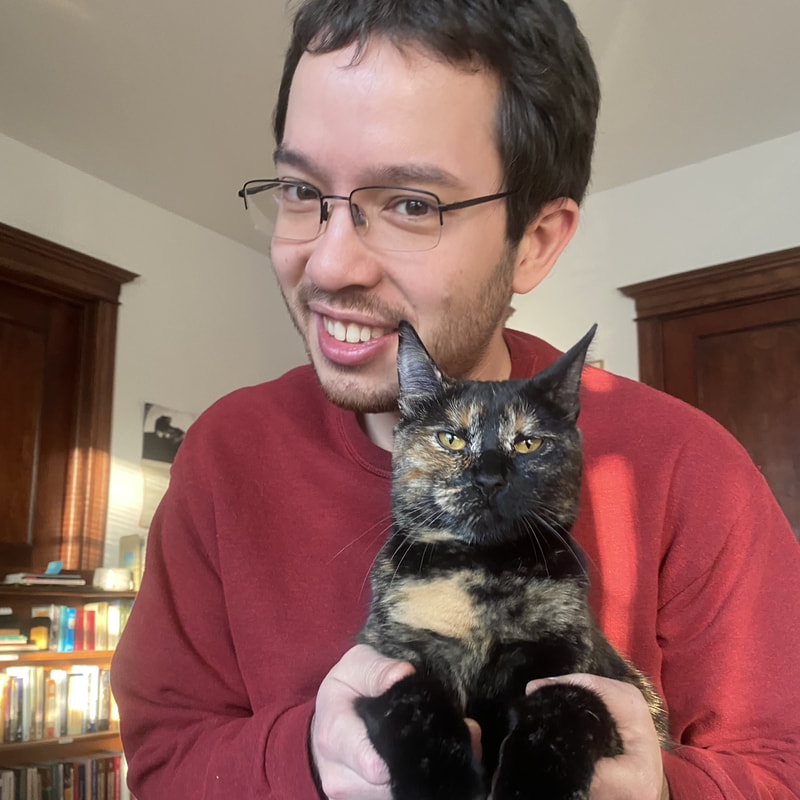|
Published by Call To Action, a national Catholic reform organization.  A church or the Church? (image: Alessandro Di Meo/EPA, via Shutterstock) A couple nights ago, a Re/Generator from last year started a vital conversation on Facebook: “I’m having a bad Catholicism day – mad at the church… Why stay (whatever staying means to you)?” Let me first answer two meanings of this question, and so belatedly introduce myself on this blog. For one, why do I stay in the Church? Actually, I don’t. Like many of us here in CTA, I tried to stay at a parish. And I couldn’t — ask my therapist. So I have joined a mainline Protestant congregation. (It’s great. I recommend it.) For another, why do I stay Catholic? Because for me, it’s at the heart of what it is to be part of my family, literally, starting with my parents. I learned this in therapy. (It’s great. I recommend it.) So I stay for the people but not the institution. Or that institution. For, my work in Re/Generation, CTA, and perhaps life, is actually institution-building. The institution I am helping (re-)build now is Chicago’s CTA chapter. And I mean for this and possible future fundraising work to build CTA. And, I mean for this to build the Church, and moreover, in that very act, to reform the Church. BUT LET me actually talk about us, rather than myself. (It’s easier!) Let me offer a way for us — starting with you — to be part of this reform — starting now, for free. You see, I believe that CTA can reform the Church even before it reforms the hierarchy’s institution. To do this, I want us, very basically, to talk about the Church differently. I find that in practice, when we say “the Church,” we tend to mean the hierarchy’s institution. For instance: “The Church condemns women’s ordination…” We progressives are not much better than conservatives on this. And to be sure, today, in not just talk but reality, the Church is too often the hierarchy. There is simply not much more, institutionally. Thus the opening question.
But there is more out there, like CTA. And at least in theory — theologically — “the Church” means not only the hierarchy’s institution, especially given how narrow the current hierarchy is. It means the People of God. And, I submit, it means the people not only as a population, but as an organization. It means the people coming together as the Mystical Body of Christ, incarnated on Earth — as a corpus, a corporation. SO I INVITE us to reclaim language of “the Church” from the hierarchy. I invite us to practice talking about “the Church” as not only their institution, but ours, starting with CTA.* In particular, I invite us in CTA to embrace the definite article, “the” Church, with all its implied totality. For, we seek to be the Body of Christ, if only one part of it. And we seek to reform the Church, not only our part of it. I moreover invite us in CTA to say that we not only “are church” but are the capital-C Church. I invite us to assert ourselves as not only church space, but as what constitutes the Church, alongside orders, dioceses, and other organizations more recognized by the hierarchy. The more widespread this intuition, among us and among all politics and religiosities, the more CTA’s very existence will expand what it means to be the Church. Then even before we can reform hierarchy’s institution, building CTA will in itself reform the Church. Or so I envision! BUT TO END more concretely, and where I started: Now, when I want to know why someone stays part of a church of the hierarchy, I practice asking, “Why do you stay in that church?” Not “Why do you stay in the Church,” my first question. Maybe, like me, that someone actually doesn’t stay there. Since that church is not in itself the Church, that’s just fine. For our institutions can be the Church too, I say. That’s why I stay. *To be sure, you might not want organizations and institutions at all. I clearly do, perhaps due to my privilege — I am male, white-ish, and so on. We — I — categorically must re-imagine power, privilege, and so on, and so reform how we are an institution. But I doubt that it is so much as meaningful to eschew any organization, any grammar about how we organize as part of a whole. For now, let me just reference Saul Alinsky, who taught that there is no such thing as a “disorganized community,” only a community whose organization does not serve it. PS Also, I enjoy sociologist Fr. Andrew Greeley’s answers to the opening question. See the New York Times, “Why Do Catholics Stay in the Church: Because of the Stories.” And in Why I am Still a Catholic, “I Like Being Catholic.” |
Professionally...[my name] at yahoo dot com
|

 RSS Feed
RSS Feed
